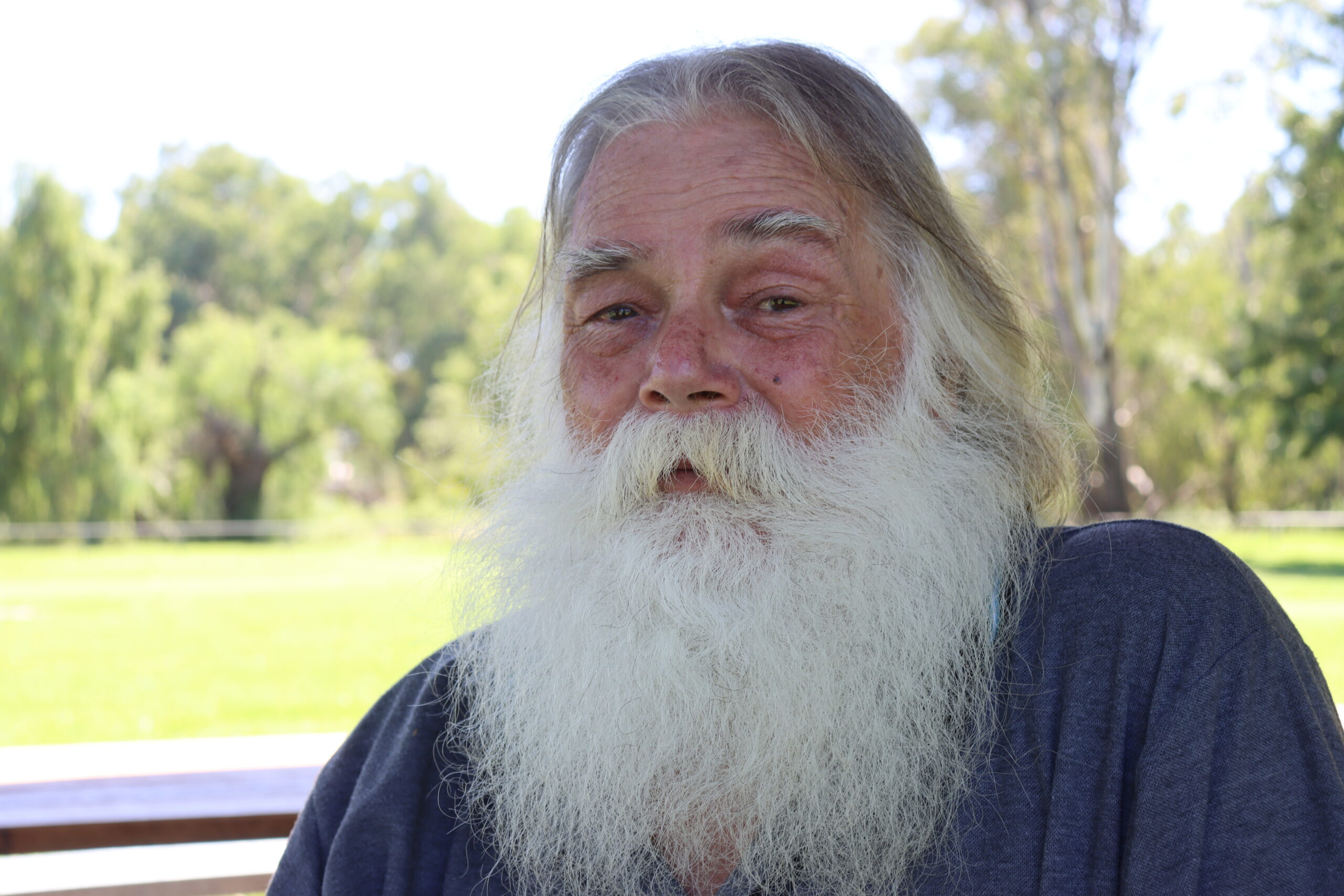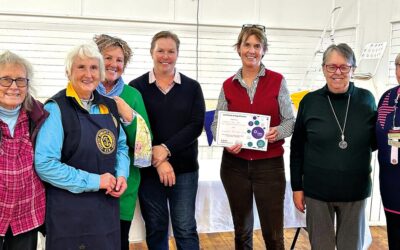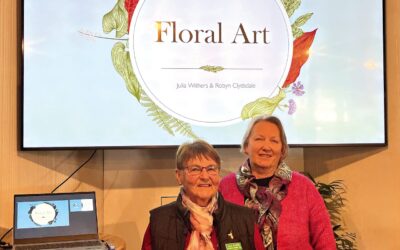Gunnedah’s 2023 Citizen of the Year and proud indigenous Australian, Mitchum Neave, says the Voice to Parliament (VTP) is the only way to secure a more prosperous future for First Nations people.
The Breeza resident and long-time advocate for indigenous issues, said current practices and policies were clearly not working and it was time for change.
“I fully agree with the Voice to Parliament,” Mr Neave said.
“Let it happen, allow a voice to parliament, because if they say no – it might never happen.”
He agreed with sentiments offered by Prime Minister Anthony Albanese that the specific details of the VTP’s operation would become clear after the referendum.
“No matter how it looks at the moment, whenever the government brings something in, it’s only there for a short time before changes are made,” Mr Neave said.
“You can’t get everything right from the word ‘go’.
“Let’s move on Australia and if we have to make changes, we will.”
Mr Albanese said there has been “overwhelmingly good will” toward the VTP which he described as one of the first steps toward just recognition for indigenous Australians.
“For 120 years since we federated we’ve had the Australian government do things for Aboriginal and Torres Strait Islander people, often with the best of intentions,” he said.
“What this idea is pretty simple – that we will do it with Aboriginal and Torres Strait Islander people.”
The Prime Minister also reiterated that the VTP will be “subservient to the parliament” and the Australian parliament will continue to control the future of Australia.
Mr Neave said “past history” in Aboriginal affairs often involved non-indigenous representatives and organisations dictating their future, frequently with unfavourable outcomes – when what was needed, was indigenous people showing the way forward.
“Why can’t we be in charge of our own destiny and that we can stand alone?” he asked.
“We need a VTP to lead the way and show we can administer our own.
“Just look at ‘Closing the Gap’ – how many of those [policies] are actually working?
“Government will ultimately make the decision but we need to have First Nations people sitting in there saying what will work, and ‘this is what we need to do’.”
The ‘yes’ campaign for the VTP has not had it all its own way with some from the local indigenous community steadfastly opposed to the proposition.
Among them is Gunnedah’s Gwen Griffen who had questions of her own about the effectiveness and oversight of the VTP.
“Who will oversee the body and ensure it is accountable?” Mrs Griffen asked.
“How will it effectively address the real issues that impact the daily lives of Aboriginal people on the ground in the community?
“I will be one Aboriginal person who will be voting no against the (voice) in the referendum this year.”
While the Labor government is confident a ‘yes’ vote will eventually prevail, the opposition has more reservations.
Last week, the federal Liberal party declared its intention to oppose the VTP. It followed an earlier declaration by its Coalition partner, the Nationals, to also oppose.
One of the most vocal critics has been Member for New England and former Deputy Prime Minister, Barnaby Joyce.
He described the VTP in its current form as an unelected body defined on race with access to the executive of government – such as high court judges.
“It goes against the tenor of how a democracy works, and with that much say in a position of power, you must be elected not selected,” Mr Joyce said.
To order photos from this page click here



